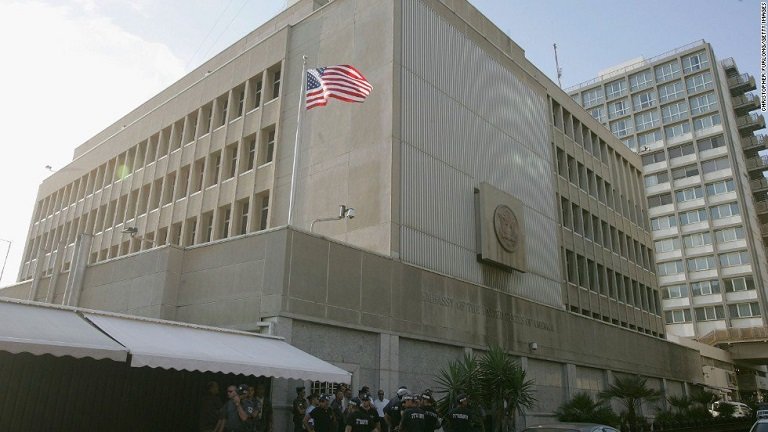The Ondo State Security Network Agency, popularly known as the Amotekun Corps, announced on Sunday that it has detained 170 individuals in the first three years since the state’s anti-open grazing law was passed.
Following ongoing violence between farmers and herders, the State House of Assembly enacted the anti-open grazing bill, which was signed into law by the late former Governor Rotimi Akeredolu in 2020.
Speaking on the development on Sunday, Akogun Adetunji Adeleye, Commander of Amotekun Corps, affirmed that the introduction and enforcement of the anti-open grazing law had significantly alleviated the state’s herder-farmer conflict.
He, however, mentioned that the Amotekun Corps initially was challenged by a bottleneck in the judicial process to try suspects but explained that everything was later normalised.
Adeleye said, “The Amotekun was able to impound over 10,000 cows within about three years and arrested about 170 (violators) in the first three years. So, we approached the government, and graciously, the House of Assembly and the state government came up with the anti-open grazing law, which is in force to date.
“I can tell you that it enhanced our operations and brought down farmers-herders clashes because, as part of the anti-open-grazing law, there is a total ban on night grazing.”
Furthermore, the commander recalled that the situation was terrible in the past, as the farmers were living in fear and had their crops, invested with huge funds, destroyed by the rampaging herders, saying the farmers had completely left their farms for fear of being killed or kidnapped, and again, those who invested had all their crops destroyed.”
He also revealed that the mass education and enlightenment initiated by the security outfit between the herders and farmers also helped in ending the clashes and reducing food insecurity in the state.
“We also had close to 20,000 petitions within six months. So, we started with mass education of both the herders and the farmers, explaining the limitations of each group.
“So, after that, we brought in the leadership of the farmers and the Miyetti Allah together, and we told them what the government wanted because, as of that time, there was serious food insecurity in the state, generally in the country, and because people were no longer going to farm.
“The government wanted people to go back to farms. We were able to restore normalcy within a year, though it was very difficult,” he explained.











